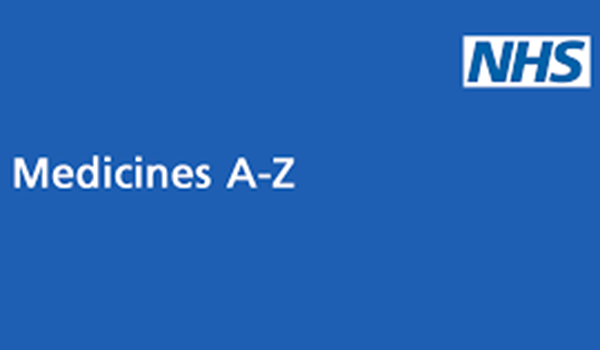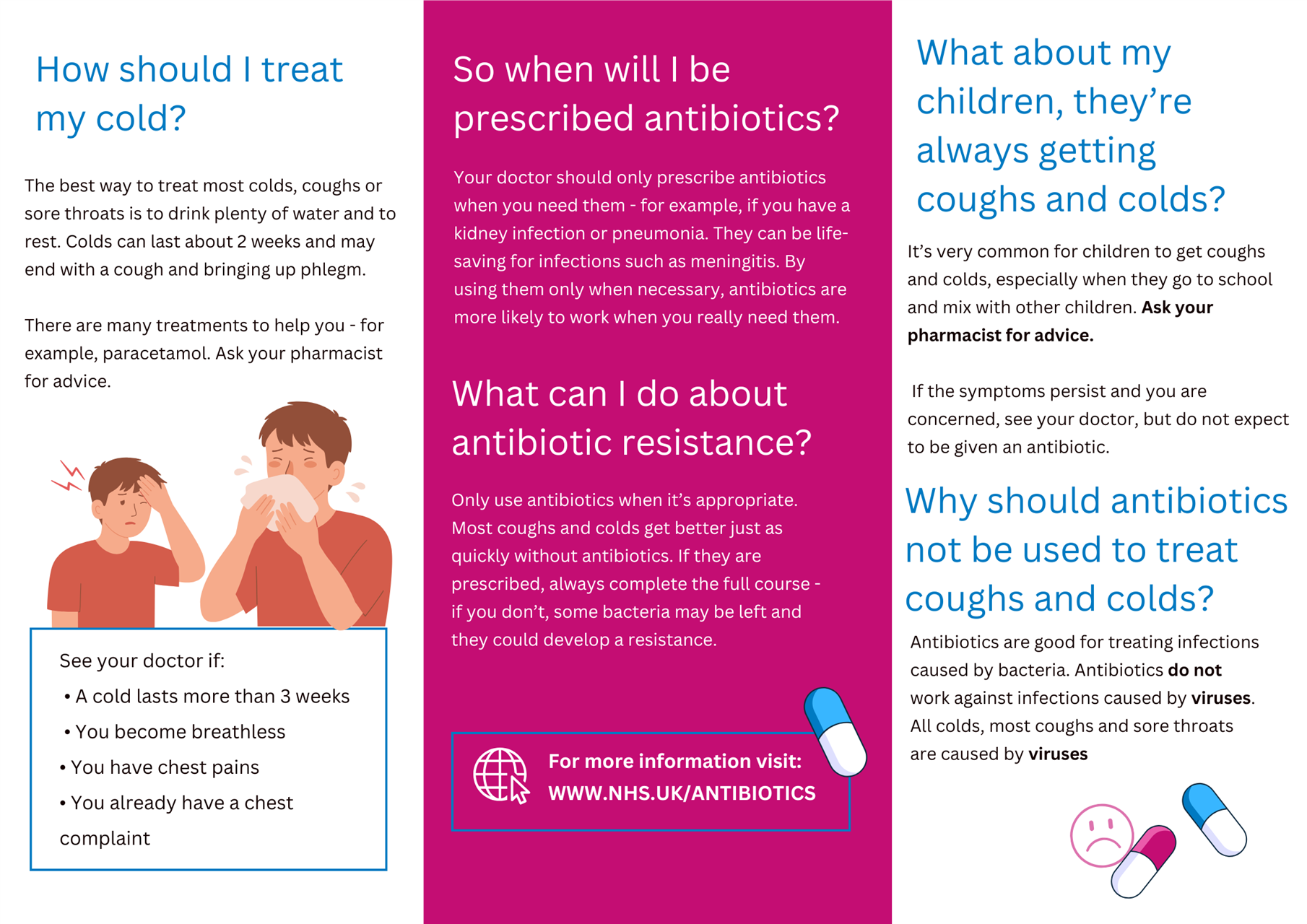Antibiotics are medicines used to treat infections caused by bacteria. They work by killing bacteria or stopping their growth. However, they are not effective against infections caused by viruses, such as the common cold, flu, or COVID-19.
When to use antibiotics:
- Bacterial infections: If a healthcare provider diagnoses you with a bacterial infection (e.g., strep throat, urinary tract infection, bacterial pneumonia), antibiotics may be prescribed.
- Prevent infection: In some cases, antibiotics are used to prevent infections after surgery or if someone is at high risk of infection (e.g., immunocompromised individuals).
When NOT to use antibiotics:
- Viral infections: Antibiotics do not work for viruses, so they should not be used for colds, flu, or most coughs and sore throats.
- Unnecessary use: Using antibiotics for non-bacterial conditions can lead to antibiotic resistance, making future bacterial infections harder to treat.
Always follow your doctor's advice when taking antibiotics to ensure they are used correctly and effectively.




